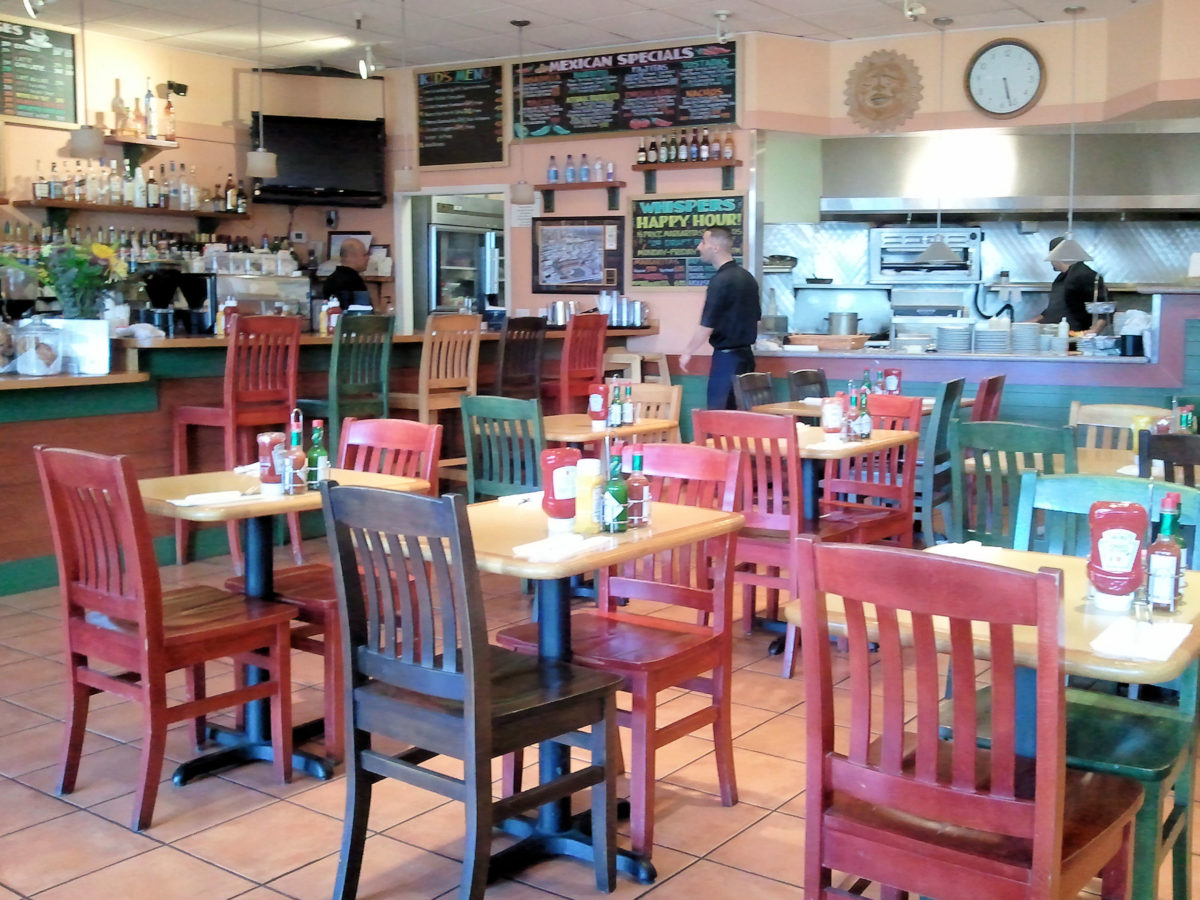A young Pittsburgh artificial intelligence startup just attracted one of the biggest local fundraising deals of the summer.
Wilkinsburg-based food service tech company Agot AI just closed a round of $10 million rolling close SAFE notes — the financial instrument for seed rounds introduced by the prominent Silicon Valley accelerator Y Combinator in 2013. Leading this most recent investment was agricultural global investor and multinational corporation Continental Grain Company, with support from growth equity investor Kitchen Fund and tech venture capital firm Grit Ventures. The raise was first reported by CNBC.
Focused on quick service restaurants (QSRs), Agot uses cameras, artificial intelligence and computer vision to identify and eliminate errors in food orders.
At the core of Agot’s business is the company’s trademarked Kitchen Awareness platform, which uses cameras to collect data from in-store, drive-through and online orders, and find ways of improving business practices in operations, staffing and kitchen protocols. Beyond detecting new opportunities to increase efficiency, Agot’s technology also employs what the company calls its Interventional Order Accuracy platform, which can identify errors in customer orders in real-time so that employees can correct them before delivery.
Mike Regan, head of business development for the company and founding partner of the venture capital firm Chalet Capital, said that Agot came in at the “right place, right time.” As online ordering platforms became more widely used, order mistakes carried a greater weight. Should a restaurant make an error, customers had a much lower switching cost and a harder time making a request to correct the mistake, as orders are often placed remotely through services like DoorDash or Uber Eats.
“The lifetime value of the customer — which is the holy grail for QSR — it became quickly apparent to them that they were losing it,” said Regan, adding that the the increased use of online ordering systems during the pandemic put even more pressure on QSRs to reduce errors.
Founded in early 2020 by former Carnegie Mellon University students Evan DeSantola and Alex Litzenberger, Agot now has close to 50 employees and operates out of the Lohr Building, which is located in an Opportunity Zone (an area where certain investments might qualify for tax incentives) and also houses the Wilkinsburg Community Development Corporation.
Regan said that location and the welcoming community around it has been beneficial for Agot’s growth, perhaps even more than headquartering in the heavily tech-populated neighborhood of East Liberty.
“When you when you have diversity in your environment, you think differently, right? You start to understand the importance of what you’re doing, regardless of mission,” he said.
Plus, being outside of the city limits also helps keep the business lean as it grows. “So you have to drive an extra 15 minutes — big deal,” he said.
Though Regan was unable to share specific customer names due to nondisclosure agreements, he has hopes of reaching market dominance through current and future partnerships with some of the largest brands in the QSR industry. Already, Agot has received three unsolicited acquisition offers, refusing each to continue growing for now.
The new funding will be used completely for increasing product deployment, Regan said.
“We raised this money for one reason and one reason only: to be able to meet the the needs of our of our clients,” he said.
The company will be hiring, as well. It has a number of open positions posted on its website. And given the rapid growth of the company over the last year and a half, there will likely be more in the near future, Regan added.
Sophie Burkholder is a 2021-2022 corps member for Report for America, an initiative of The Groundtruth Project that pairs young journalists with local newsrooms. This position is supported by the Heinz Endowments.Before you go...
Please consider supporting Technical.ly to keep our independent journalism strong. Unlike most business-focused media outlets, we don’t have a paywall. Instead, we count on your personal and organizational support.
Join our growing Slack community
Join 5,000 tech professionals and entrepreneurs in our community Slack today!

The person charged in the UnitedHealthcare CEO shooting had a ton of tech connections

From rejection to innovation: How I built a tool to beat AI hiring algorithms at their own game

Where are the country’s most vibrant tech and startup communities?


